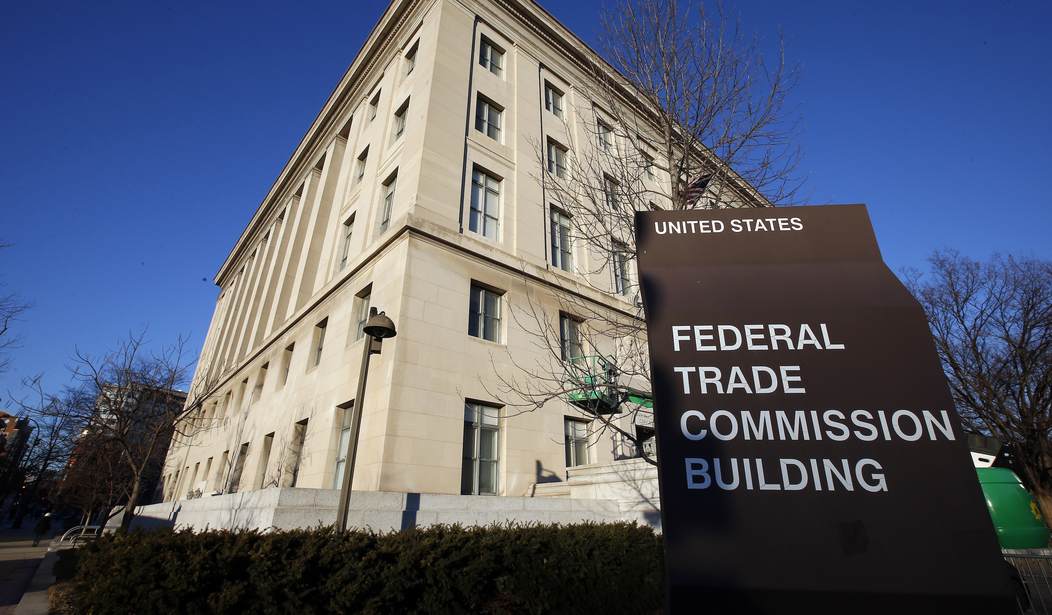In a 2017 New York Times op-ed, then think-tank fellow Lina Khan predicted that buying Whole Foods would “enable Amazon to leverage and amplify the extraordinary power it enjoys in online markets and delivery, making an even greater share of commerce part of its fief.”
Today, consumers benefit from better service and lower prices as a consequence of the deal. Far from reducing competition, Amazon’s growth since the merger has been outpaced by several large retailers while Whole Foods’ market share has remained steady.
The Amazon-Whole Foods deal is an example of what International Center for Law & Economics scholars call “doomsday mergers.” In their recent, the authors document how progressive antitrust advocates have made alarming predictions about mergers across sectors—from beverages to pharmaceuticals to tech. These forecasts proved to be “completely untethered from prevailing market realities, as well as far removed from the outcomes that emerged after the mergers.”
Notwithstanding their poor predictions, the doomsayers are now among the most powerful officials in the Biden administration. Khan, for one, is serving as chairwoman of the Federal Trade Commission.
Under Khan’s leadership, the FTC has worked with the Department of Justice to develop new draft guidelines on how the U.S. government would approach corporate mergers and acquisitions using antitrust law.
The guidelines propose a shift in how the government will consider whether a market is sufficiently “concentrated” to warrant antitrust enforcement. Rather than forcing the government to establish that a merger is anticompetitive, the administration is proposing a new, “structural presumption” that mergers are impermissible when they cross a technical threshold of concentration.
Recommended
Other guidelines subject mergers and acquisitions for review if they might reduce competition for workers, eliminate future market entrants, or inhibit competition in other ways.
The guidelines mark a break from standards that have guided antitrust policy since the 1970s. The traditional inquiry focuses on the narrow question of how mergers impact consumer welfare and recommends antitrust enforcement on the rare occasions that it would clearly result in lower prices for consumers.
The Bidenomics approach, by contrast, is using antitrust enforcement to pursue more nebulous goals—“broader abstractions” as President Obama’s National Economic Council director Larry Summers characterizes them.
The premise underlying these vague goals is captured in a recent New York Times editorial. The merger guidelines reflect the view that the “concentration of corporate power…is neither inevitable nor desirable for the health for the American economy.”
There is a logic to the Biden administration’s thesis that consumer prices should not be the only or even primary consideration in assessing the public policy implications of corporate mergers.
Corporate mergers can have far-reaching societal impacts that cannot be quantified in purely an economic sense. The penchant of large companies to embrace leftist causes is among the reasons why populists on the right are also embracing antitrust remedies to restrict mergers in politicized industries.
Mergers and acquisitions, however, are neither inherently good nor bad. They can have positive impacts for society. And government interventions in this market activity can be counterproductive, or at least unnecessary. The creative destruction of the markets routinely chip away at the market share of large companies, as seen by the rate at which Fortune 500 rise and fall.
A judicious approach to antitrust requires bureaucrats to make accurate predictions about the consequences of proposed mergers and the risks of regulation.
Yet the history of antitrust regulation is replete with forecasting errors. This is because antitrust enforcement stretches the limits of regulators’ ability to understand the complexities of corporate decision-making and whether they are competitive or anticompetitive in nature.
The antitrust domain is also saddled with challenges that undermine good forecasting throughout the government generally. Antitrust regulation is the province of the same lawmakers, technocrats, corporate executives, and experts who are neither skilled in nor rewarded for making accurate predictions.
The Biden administration is not only empowering antitrust experts with poor forecasting credentials, it is stymieing reforms that could help the government produce betting predictions.
One solution long championed by economists to improve forecasts is prediction markets. The idea is to allow traders to wager money in betting markets on important questions for society. A prediction market could offer lines, for example, on how a merger might impact corporate earnings. Movements in these prediction markets, informed by the analysis of traders with skin in the game, could produce forecasts more accurate than bureaucrats.
For reasons that remain unclear, Biden appointees at the CFTC are refusing to give prediction market companies permission to offer these types of contracts.
In a context in which the government is showing neither the will nor the capability to improve its forecasting abilities, the Biden administration’s draft guidelines are a recipe for regulatory overreach. They would empower regulators to block mergers and acquisitions in the economy based on exaggerated risk assessments and political agendas that have little to do with consumer interests.
The FTC’s call for public comments on the guidelines provides the American people with an opportunity to send the Biden administration a message. Government bureaucrats have provided little evidence that the economy would be better off with their meddling.
Pratik Chougule is the executive director of the Coalition for Political Forecasting.
























Join the conversation as a VIP Member